
CCTV-1 TV Shows
290 shows • Page 10 of 15

熊出没之环球大冒险
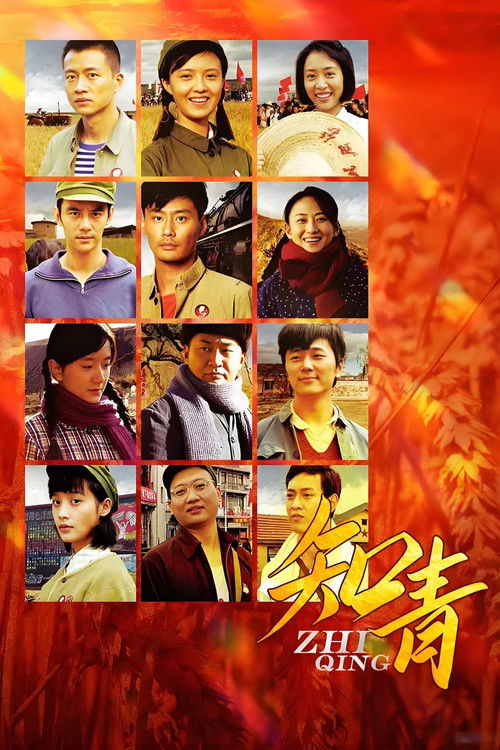 0
0Youth
On a rainy night in the Beidahuang forest area in 1969, the small train brought another group of educated youth from major cities across the country. Yang Bingkui, the stationmaster of Baihualin Railway Station, looked at the young and youthful faces and had a premonition that the arrival of this group of people would bring about earth-shaking changes to Beidahuang.
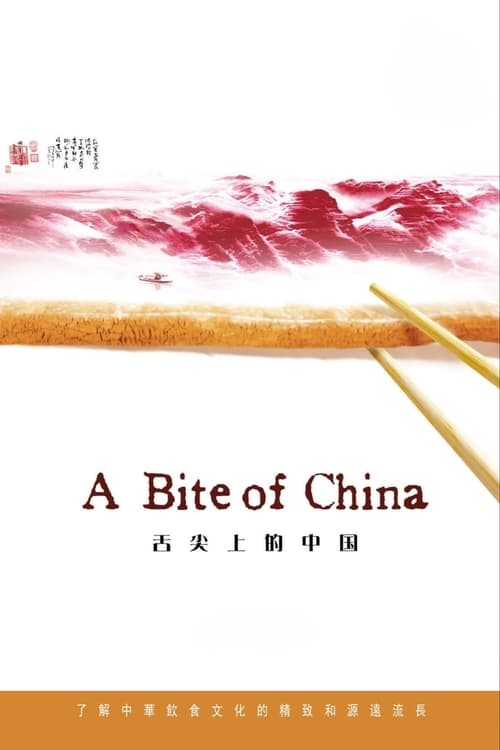
A Bite of China
This series explores the history, traditions and culture of Chinese food. Filmed at over 160 locations across China, this series truly is a feast for the senses. The seven-episode documentary series introduces the history and story behind foods of various kinds in more than 160 locations in mainland China, Hong Kong, and Taiwan. The documentary has also been actively encouraged as a means of introducing Chinese food culture to those unfamiliar with local cuisine.
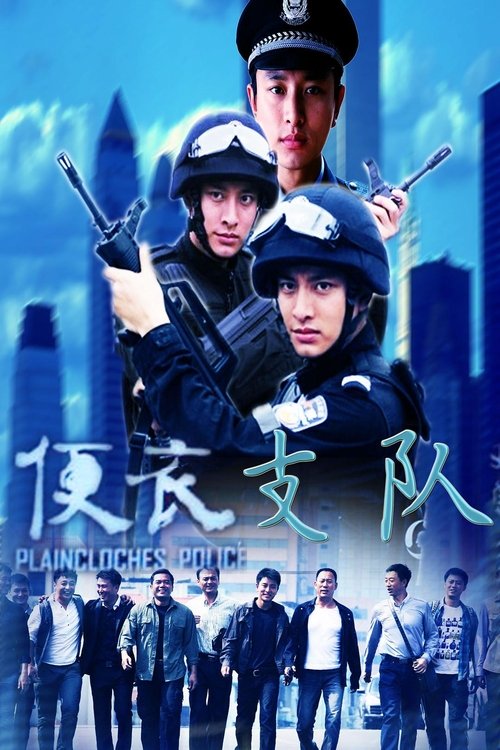 0
0便衣支队
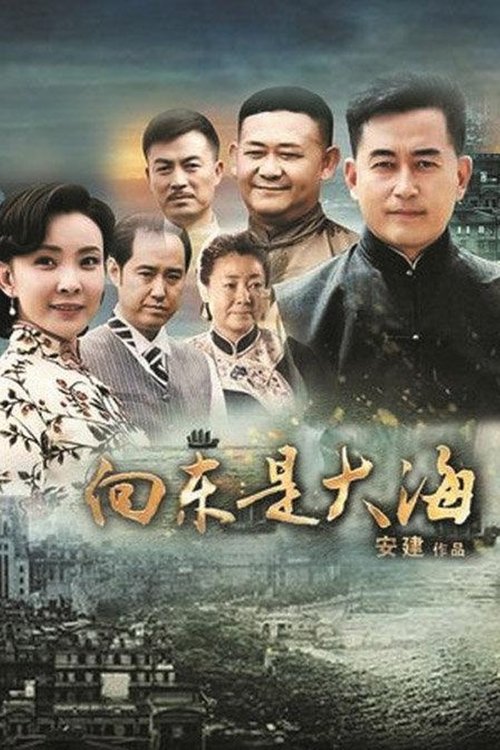 0
0向东是大海
 0
0Boonie Bears
Starring two bears, Briar and Bramble, who continuously try to stop Logger Vick from cutting down trees in their forest. Vick constantly tries to carry out his job as a woodcutter, only to be hilariously outwitted by the bears.
 0
0誓言今生
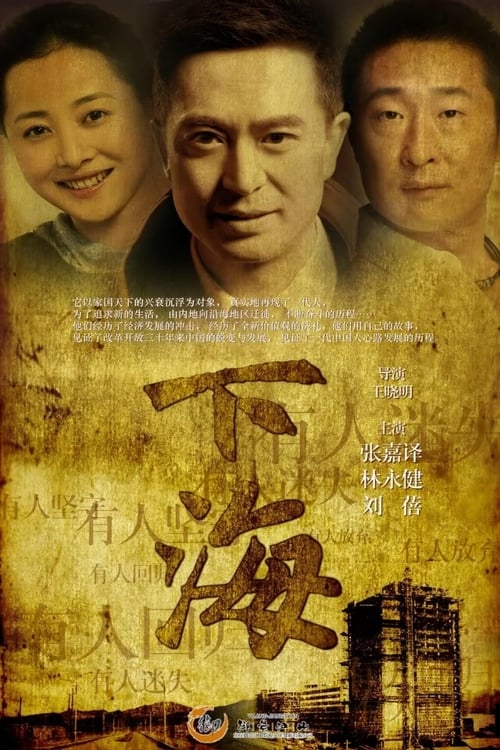
Going To The Sea
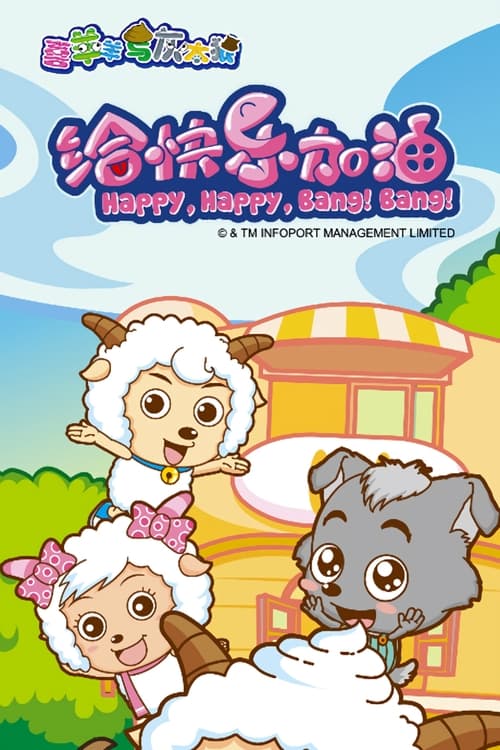
Pleasant Goat and Big Big Wolf: Happy, Happy, Bang! Bang!
Many changes are taking place on Green-Green Grassland this year. Wilie starts his school life. Paddi has an experience with supernatural power after getting hit by an apple from a tree. Most of the other goats are studying hard; Slowy invents miraculous machines; Wolffy and Wolnie keep trying to catch a goat. Those changes on Green-Green Grassland have become the dominant force to bring fun and joy to children all over the world.
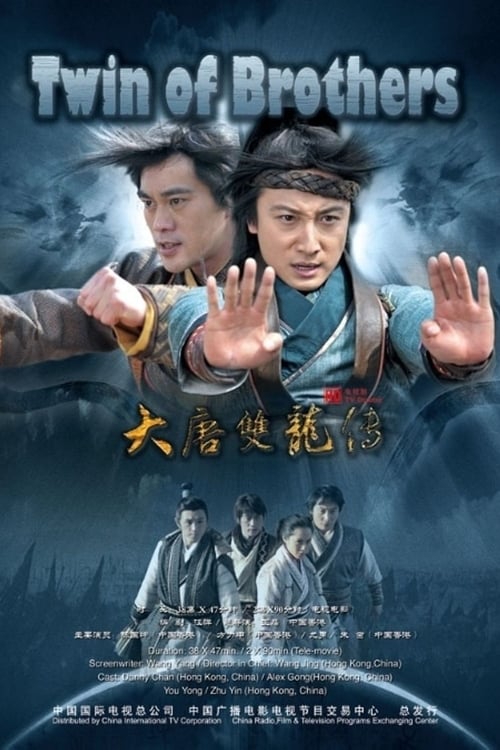 0
0Twin of Brothers
Kau Jong and Tzi Ling are both orphans. One day, when they are going to get martial arts lessons from the well known Sek Long, they find themselves stuck in the middle of a fight... a woman and their furture martial arts teacher!!
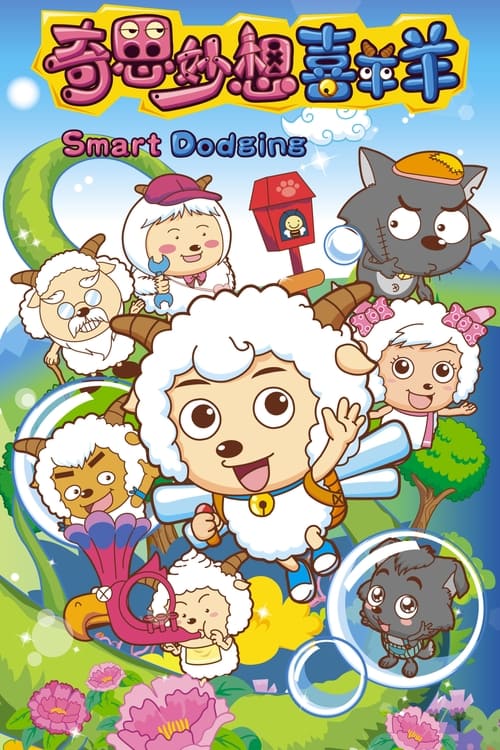
Smart Dodging
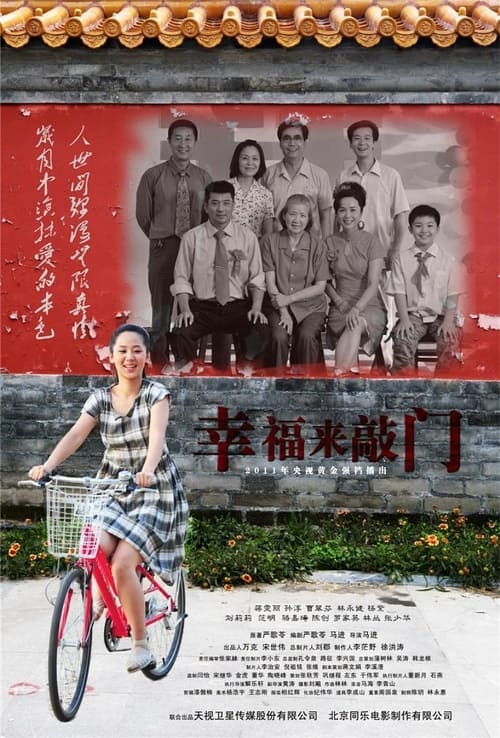
Happiness Comes Knocking
Jiang Lu works as a make-up artist for an acrobatics group. She's kind, beautiful and talented, but to everyone's bewilderment, still unmarried at the age of 35. Song Yu Sheng is the photographer of a publishing house whose wife, Xiao Yun, died in a motorcycle accident 6 years ago, leaving him a widower with 2 children, Zheng Zheng and Jun Jun. His former mother-in-law, Qian Shu Hua, repeatedly attempts to introduce him to potential romantic partners with the main intention of finding a good step-mother for her grandchildren, but Yu Sheng finds it difficult to feign interest. However, during a chance encounter with Jiang Lu at the phone kiosk outside her apartment building while trying to avoid yet another blind date set up by Shu Hua, sparks begin to fly.
 0
0中国空姐
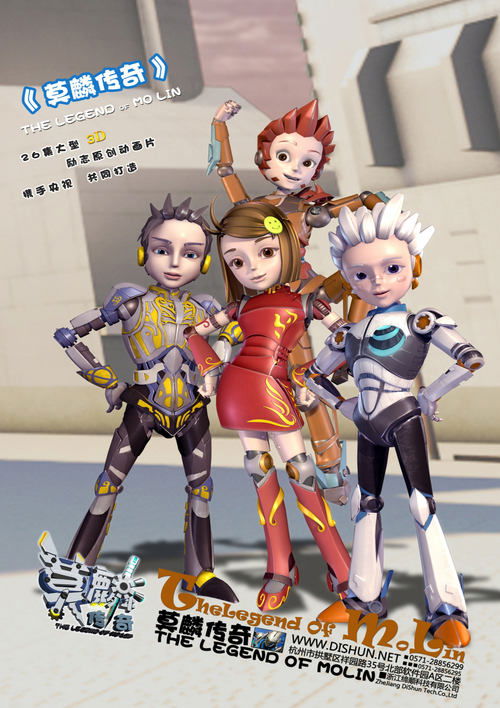
The Legend of Mo Lin
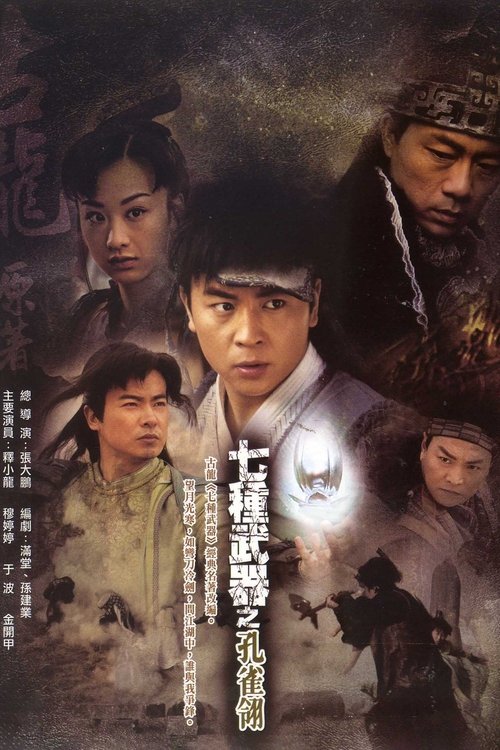 0
0The Peacock Feather
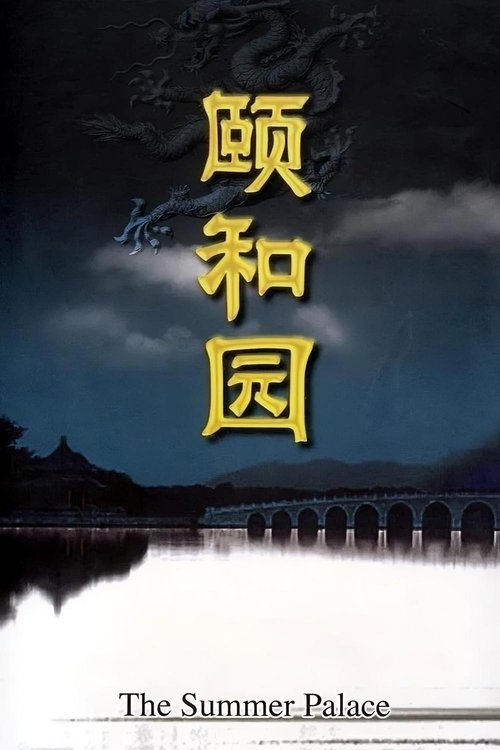
Summer Palace
The Imperial Garden of the Qing Dynasty, formerly known as the Qingyi Garden, was built in the Qing Emperor Qianlong period when the national power was strong. It was destroyed by the British and French coalition forces in the second Opium War in 1860. During the reign of Emperor Guangxu, it was renamed the Summer Palace and became the main place where Cixi lived and lived in his later years. The Summer Palace was looted by the Eight-Power Allied Forces in 1900 and was occupied by the Japanese during the Anti-Japanese War. In 1928, the Summer Palace officially became a national park by the Royal Garden. The preservation of the archives and cultural relics in the park today records the history of China's feudal society from its glory to its decline, and it has also witnessed the vicissitudes of several vicissitudes of gardens in New China. The Summer Palace is a collection of Chinese classical garden art. It combines the essence of the north and south gardens and integrates the man-made landscape with nature. It is the last royal garden in China and the most intact and largest ancient garden in China. It is a Chinese garden. The pinnacle of art. In 1998, it was included in the World Cultural Heritage List by UNESCO. The film was produced by CCTV, and the backbone of the creative team was the original team to shoot the 12-episode large-scale documentary "The Forbidden City." The creation of "The Summer Palace" was launched in 2006 and lasted three years. According to Chinese traditional culture, the Forbidden City represents "li", and the Summer Palace represents "le". Now the filming of "The Forbidden City" and "The Summer Palace" is completed, which also represents the combination of "ritual" and "le", completing Chinese classical architecture and culture. a chapter.
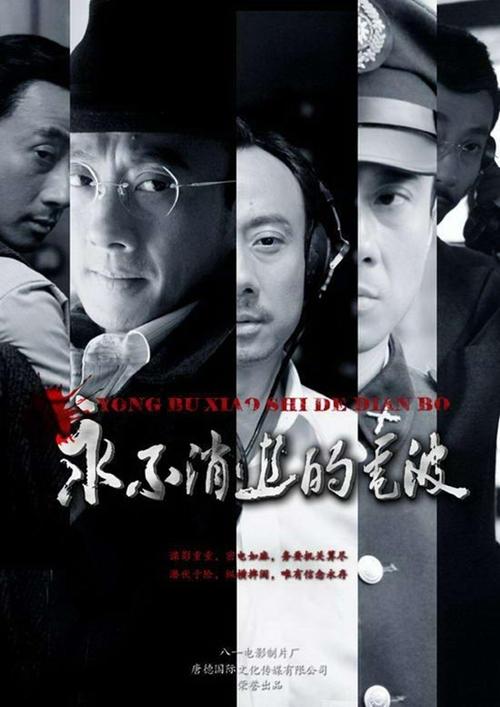
The Eternal Wave
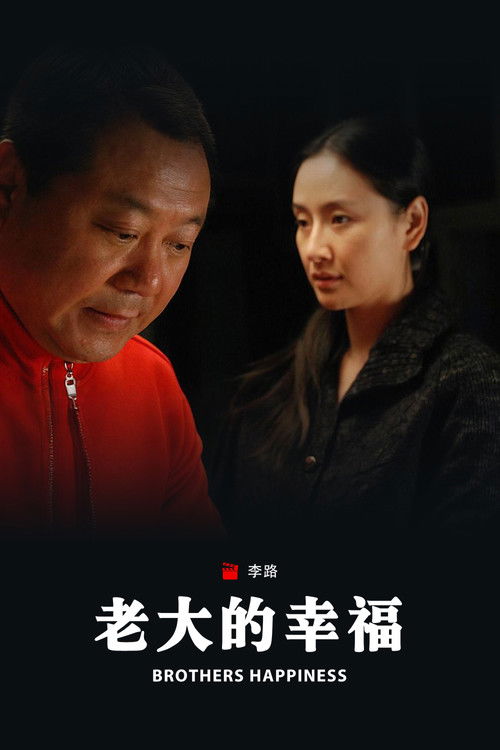
老大的幸福
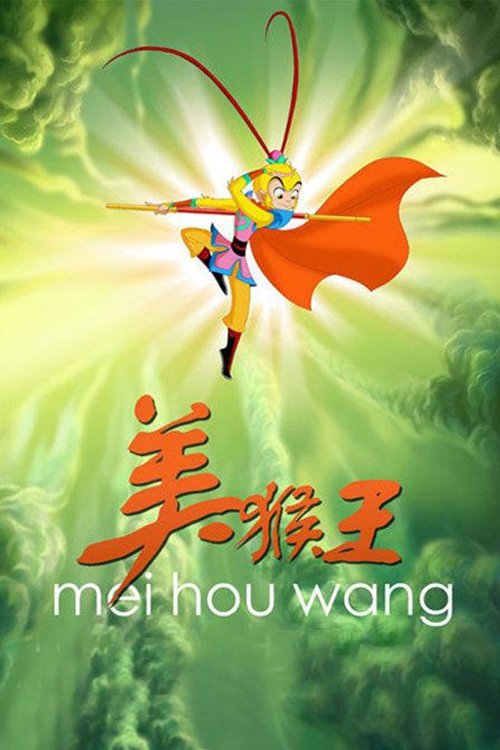 0
0Monkey King
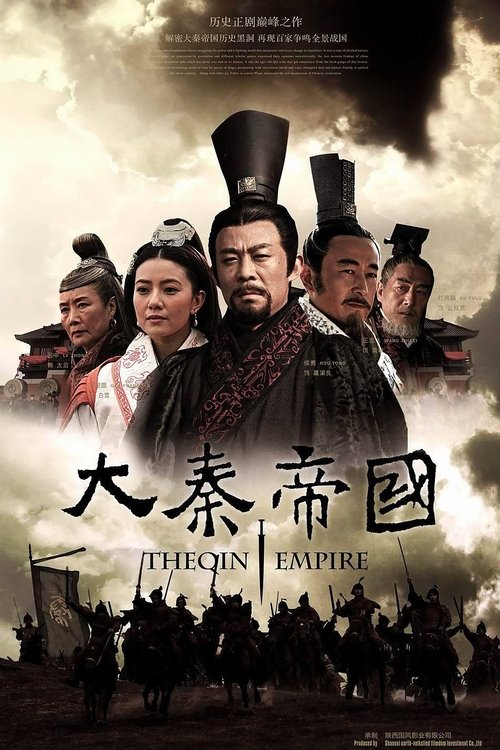
The Qin Empire
The rise of the Qin state in the Warring States period during the reign of Duke Xiao of Qin.
